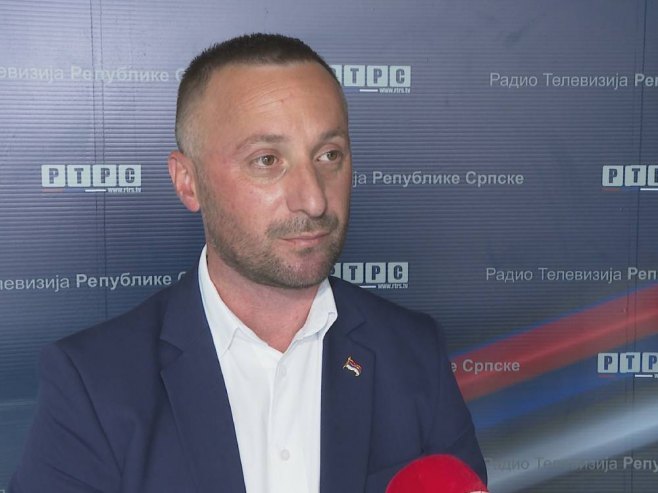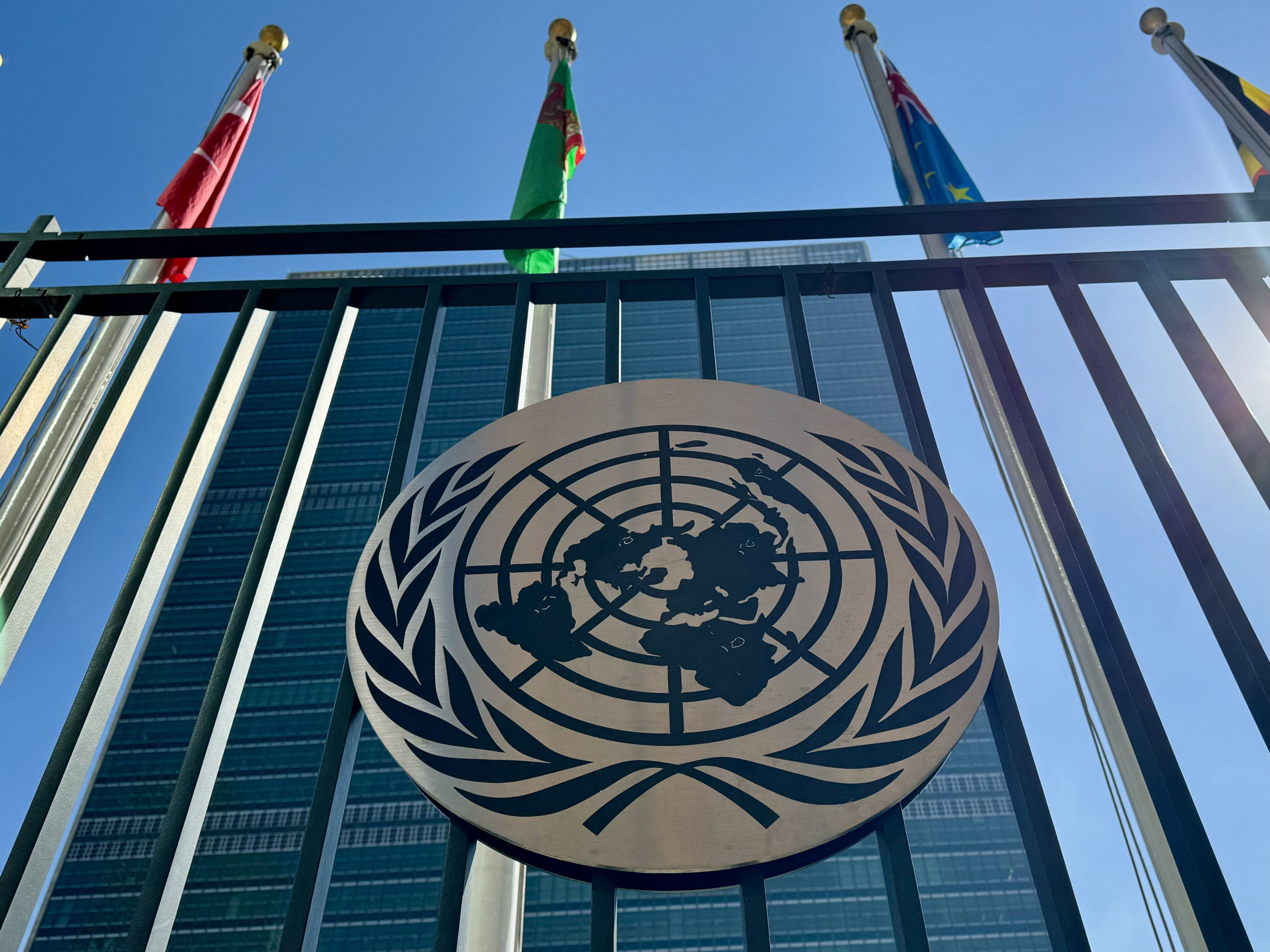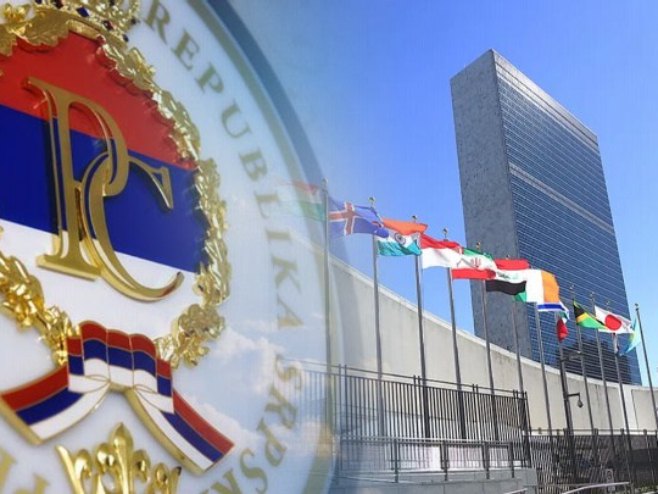Republika Srpska and Serbia are making significant efforts to have the resolution on Srebrenica rejected in the United Nations General Assembly.
Serbia President Aleksandar Vučić continues his discussions in New York with representatives of UN member states. He considers their restraint a success, a sentiment echoed by analysts. Vučić has also spoken with UN Secretary-General Antonio Guterres.
Among the 193 voting member states in the UN General Assembly are 84 countries from the African and Latin American and Caribbean groups. President Vučić has already met with more than half of these countries in New York. Discussions with representatives from Asia and the Pacific nations are next.
“When you take action, the ‘great powers’ begin to threaten and pressure, even those who were against everything and understood everything, they become restrained. It is important that we have more abstentions and votes against than for. If we achieve this, even though we would formally lose, it would be a heroic political success,” said Vučić.
Regardless of the outcome, Ana Brnabić, President of the Serb Assembly, emphasizes the fight and courage shown by Serbia and its president. She points out that the Srebrenica resolution imposes the most severe moral, political, and legal qualifications on Serbia and the Serb people, which Serbia must oppose.
“We will appeal to all freedom-loving countries to join us in this, as it is enough to have an agenda imposed by the great and powerful contrary to the procedures of Bosnia and Herzegovina itself, contrary to the Dayton Agreement, the Constitution of Bosnia and Herzegovina, without consultations in the Presidency of that country, without consultations in the region, without consultations in the UN,” Brnabić stressed.
Belgrade’s resistance to attempts to question the position of the Serb people will undoubtedly yield results regardless of the voting outcome, believes career diplomat Zoran Milivojević. It will confirm that Serbia holds a significant international position.
“The very fact that Serbia is resisting, that there is some understanding, that there will surely be votes against and those abstaining, already signifies success for both Serbia and Serb policy in defending state and national interests, and I think that is the essence,” says Milivojević.
The significance of meetings with representatives of deciding countries in New York was also highlighted by Milovan Drecun, a member of the Serb Assembly. If passed, the resolution will not lead to reconciliation, he says; the goal is to portray the Serbian people as criminal.
“Most of humanity understands that no genocide occurred and that it is a political view of the events in Srebrenica with certain intentions. The question is whether this majority will be ready to say ‘no, a genocide did not occur,'” says Drecun.
The resolution on Srebrenica, if adopted, will not be binding, especially not for Serb historians, asserts historian Miloš Ković. However, it should awaken the Serb people to lose their last illusion about how they are viewed by the political West and to make their decisions accordingly.
“This example shows that support from Russia and China is crucial for us. That is the lesson,” emphasizes Ković.
Binding or not, experts believe the sponsors’ intention with the resolution is to open questions about the Dayton Agreement and to direct future policy and political conditions in Bosnia and Herzegovina towards a revision of this agreement in accordance with its spirit, not just its letter.
Source: RTRS









